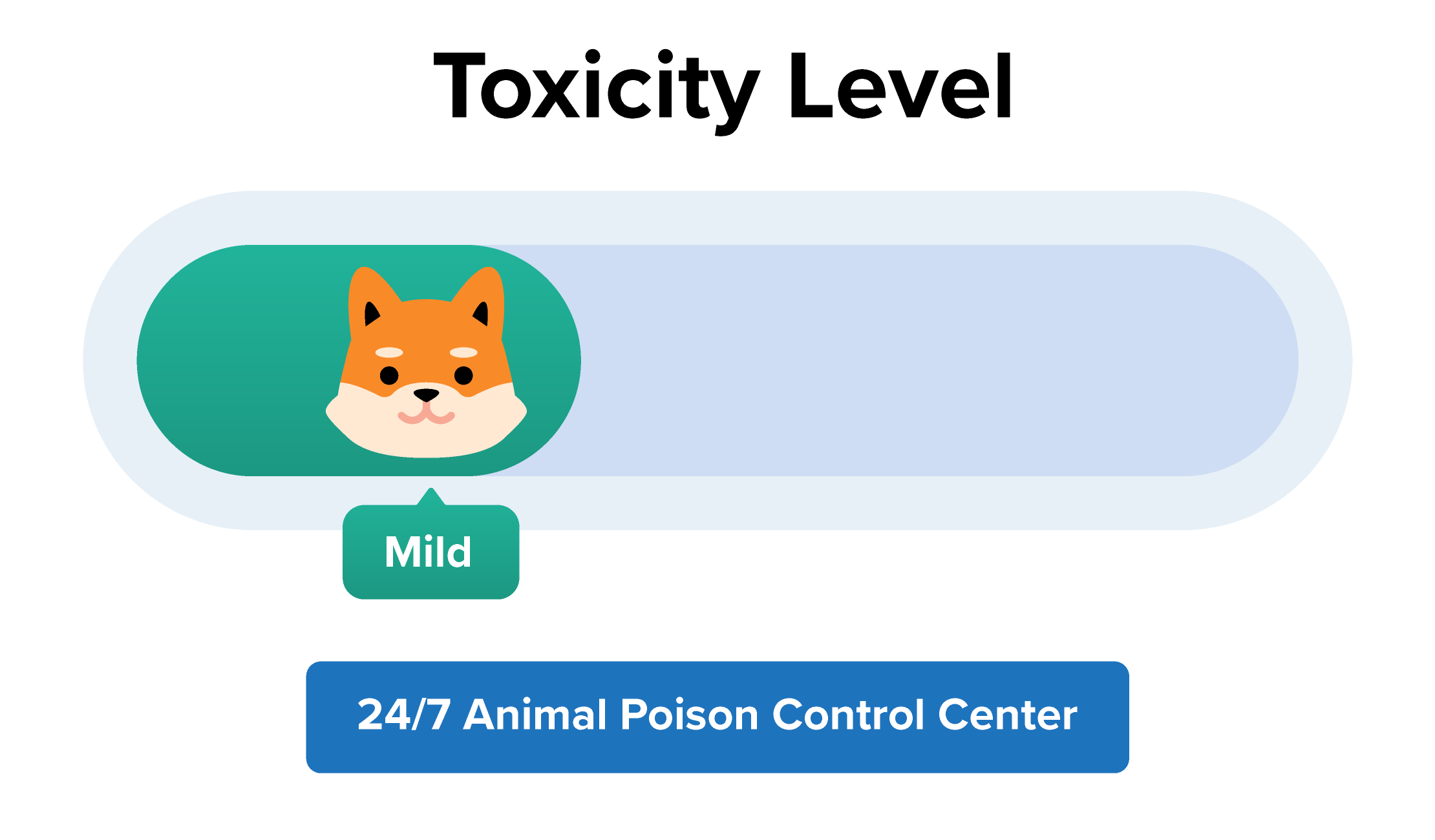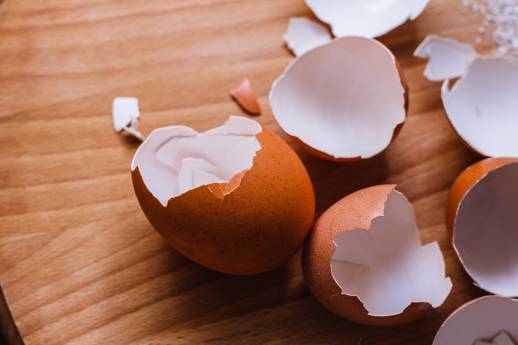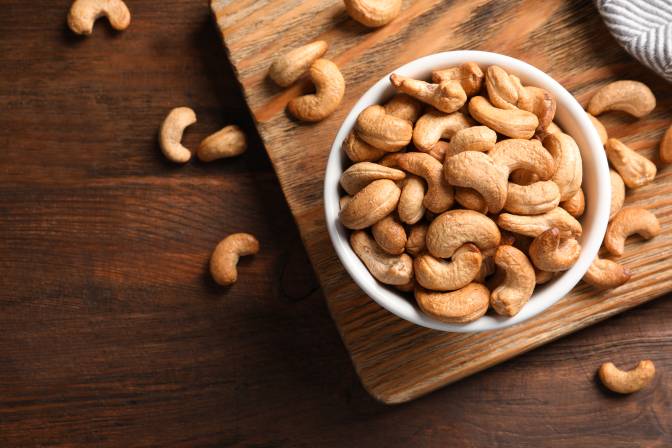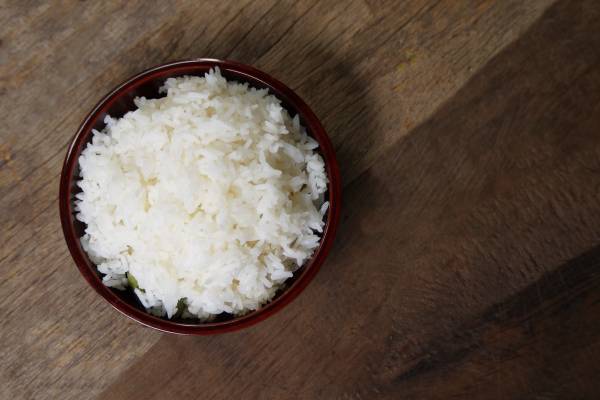Tropical fish are beautiful and fascinating to keep as pets. Some fish require specialized food, such as the Plecostomus and other bottom-feeding fish. Many fish pet parents use algae wafers to feed these water-bound pets.
Connect with a verified veterinarian in minutes. Licensed vets are available 24/7 to answer your questions. No need to worry about your furry family member.
There are times when your land pets may find the fish food and try to eat it. But what happens when one of your land-lubber pets, like your dog, eats algae wafers?
Has your dog eaten algae wafers? Are you worried that the algae wafers will make your dog sick? If so, you’ve come to the right place. We understand that it can be scary when your dog eats something like this.
We’ve gathered information about algae wafers and whether they can make a dog sick. Let’s get started!
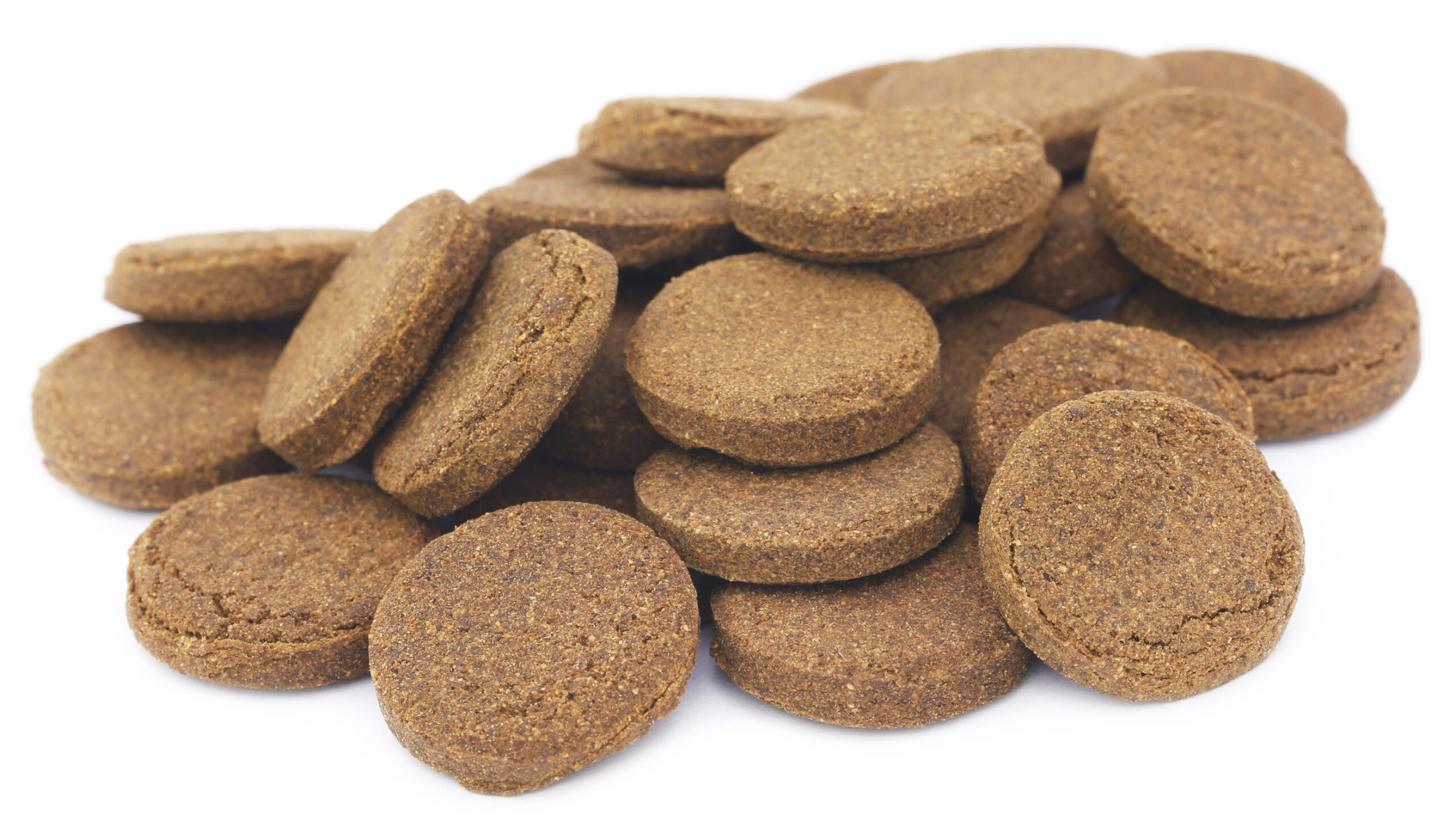
What are Algae Wafers?
Algae wafers are made for bottom-feeding fish and for aquatic animals that have sucker mouths, such as snails and more. Algae wafers are small, round pellets that contain the nutrients these animals need to stay happy and healthy. The pellets are shaped to make feeding easier for bottom feeders and those that eat algae.
There are many brands of algae wafers on the market today. Each one contains slightly different ingredients; however, some contain the following ingredients:
- Fish fillets
- Wheat flour
- Wheat gluten
- Alfalfa
- Spirulina
- Soya
- Krill
- Refined fish oils
- Vitamins & minerals
While algae wafers are safe for aquatic animals, what about dogs? Can algae wafers make a dog sick?
Algae Wafers & Dogs
The good news is that there’s nothing toxic in the algae wafers! If your dog eats one or two of these fish food wafers, he should be OK.
However, if your fur baby eats an entire package, the algae wafers could cause digestive issues.

Review symptoms, medications & behavior to keep your pets healthy with a Vet Online in just minutes.
Ask a Vet Live NowSymptoms of Algae Wafer Ingestion in Dogs
You may notice these symptoms if your dog has eaten algae wafers:
- Vomiting
- Diarrhea
- Nausea
These symptoms are not caused by any toxic ingredients in the wafers. However, if a dog eats enough of the wafers, he could develop diarrhea and vomiting. These symptoms should not last longer than 12 to 24 hours and usually stop on their own.
If your dog continues to have symptoms after this, it’s best to call the vet. Persistent diarrhea and vomiting can cause your fur baby to become dehydrated.
Treatment of Algae Wafer Ingestion in Dogs
The vet may treat your dog with medications to stop persistent vomiting and diarrhea. And if your canine companion has become dehydrated, the vet may give him an IV with fluids to rehydrate him.
They may also suggest a bland diet for a few days to allow your dog’s digestive system to calm down.
The good news is that most dogs make a full recovery after eating algae wafers. In the future, it’s best to keep algae wafers and other fish food out of your dog’s reach. You’ll both be happier for it!
Connect with a verified veterinarian in minutes. Licensed vets are available 24/7 to answer your questions. No need to worry about your furry family member.

Julie
Julie is a graduate of the University of North Carolina, Wilmington, where she studied Animal science. Though contrary to the opinion of her parents she was meant to study pharmacy, but she was in love with animals especially cats. Julie currently works in an animal research institute (NGO) in California and loves spending quality time with her little cat. She has the passion for making research about animals, how they survive, their way of life among others and publishes it. Julie is also happily married with two kids.
Review symptoms, medications & behavior to keep your pets healthy with a Vet Online in just minutes.
Ask a Vet Live Now
